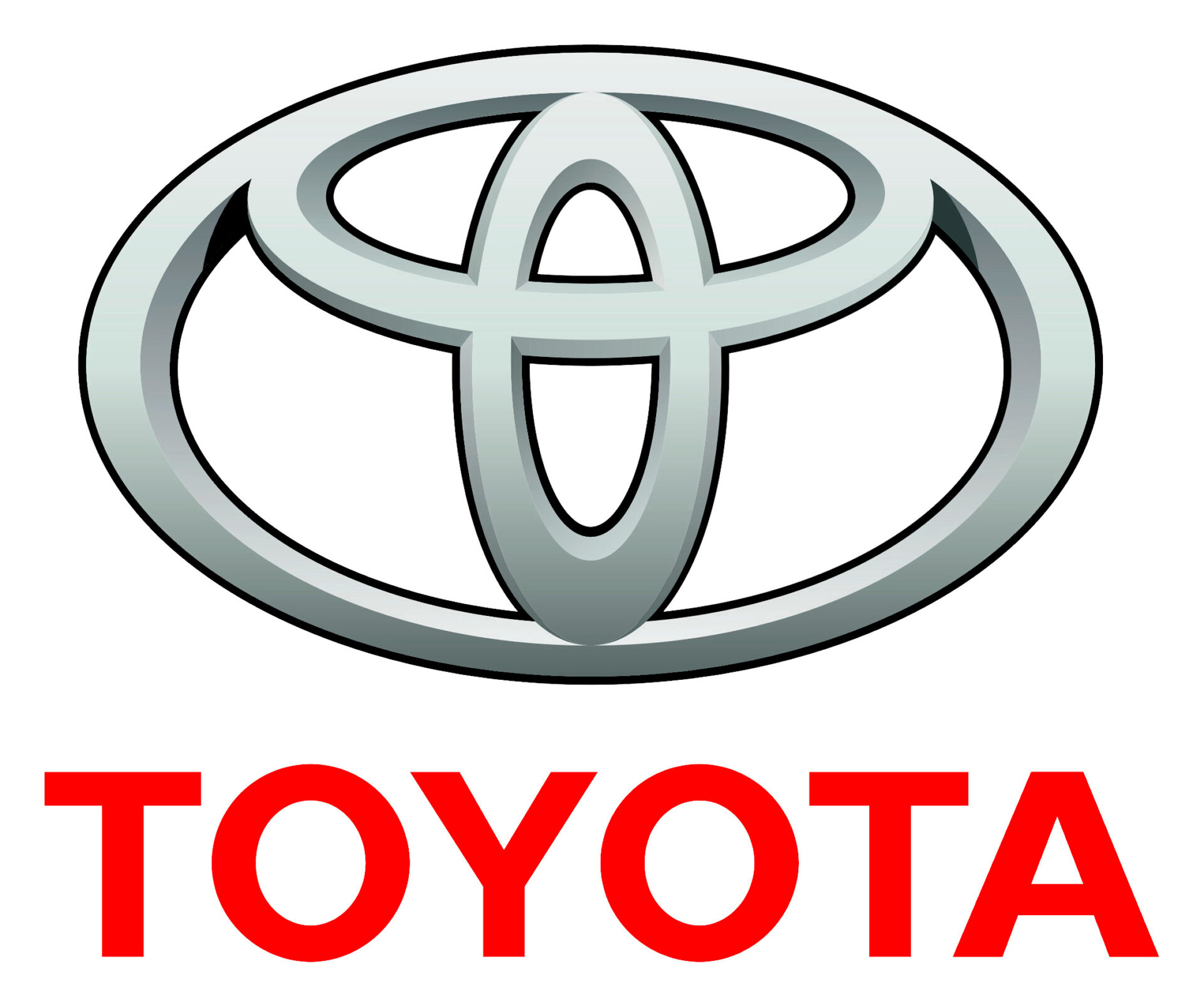Service Guarantees?
What sort of service guarantee should we give prospects to which we offer High-performance Green Cleaning or Evidence-based Cleaning for Health?
How important are service guarantees or warrantees to drive sales?
Service guarantees or warranties can be quite important in driving sales for several reasons:
- Consumer Confidence: Guarantees and warranties can increase consumer confidence in a Service, especially if it’s expensive or complex. Knowing that a company stands behind its Service can make customers more willing to purchase.
- Competitive Edge: In a market where Services are similar, a better warranty can be a deciding factor for a customer choosing between options. It can be a significant differentiator in competitive markets.
- Perceived Quality: Offering a warranty can signal to consumers that a Service is of high quality. Companies are unlikely to offer long-term warranties on Services that are expected to fail quickly.
- Reduced Risk Perception: Warranties reduce the perceived risk associated with a purchase, particularly for new or technologically advanced Services. This can be especially important for risk-averse customers.
- After-Sales Service: A warranty often implies good after-sales service, which can be a strong selling point. It shows that the company is committed to customer satisfaction even after the purchase.
- Brand Loyalty and Reputation: By addressing issues and repairs covered under warranty, companies can build brand loyalty and a positive reputation. Satisfied customers are more likely to return and recommend the brand to others.
- Higher Perceived Value: Customers might perceive Services with warranties as having higher value, which can justify a higher price point. This can increase the overall profitability per sale.
However, the effectiveness of guarantees and warranties in driving sales can vary depending on the industry, the nature of the Service, the customer base, and the specific terms of the warranty itself. They are most effective when they are clear, comprehensive, and customer-friendly. (Compiled with assistance from Chat GPT4).
Comments from Experts:
Robert W. Powitz, PhD, MPH, RS, DLAAS
Forensic Sanitarian
• I really can’t see a service guarantee, except for timeliness and performance. In the food, pharmaceutical, medical device and parallel industries, where outcomes are prescribed, they generally use in-house or a third party providers to validate cleaning outcomes. As a contracted firm, I would have some trepidation re: first-party evidence-based validation. I really don’t know how a warranty would hold up, if there were a subsequent acquired infection or some other misadventure.
• A Green Cleaning certification is altogether appropriate and should be part of the initial contract.
• I sincerely believe that the client has the responsibility to set the terms of the contract. In other words, they need to specify the level of cleanliness expected. Obviously, cleaning for aesthetics is a lot less costly than Cleaning for Health. The same holds true for “normal” versus a Green Cleaning initiative.
• I can certainly support and encourage setting up formal programs for clients that would include specifications for chemicals, supplies and equipment used; cleaning techniques, safety and “end-of-shift” report that includes a follow-up supervisor visual inspection check sheet.
• There is ample data concerning cleaning performance, outcomes and misadventures. Contracts that detail these concerns, would in all probability be well-received.
Perry S. Shimanoff
Cleaning Consultant
Workers should comply with training materials, but just having someone complete an online course does not equate to great performance. Maybe have students maintain a performance log?
[IHC Note: Our active proctoring program can help embed and validate correct methods in harmony with these comments.]




